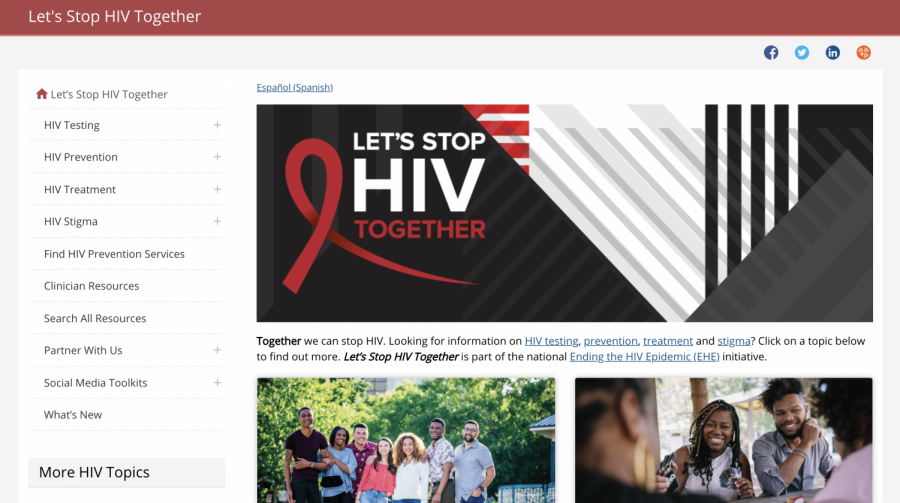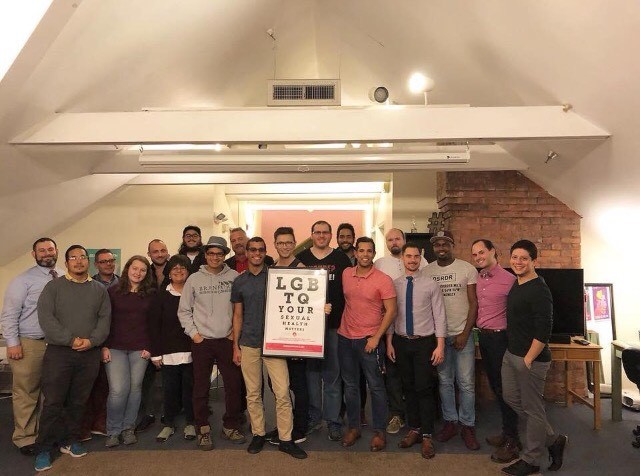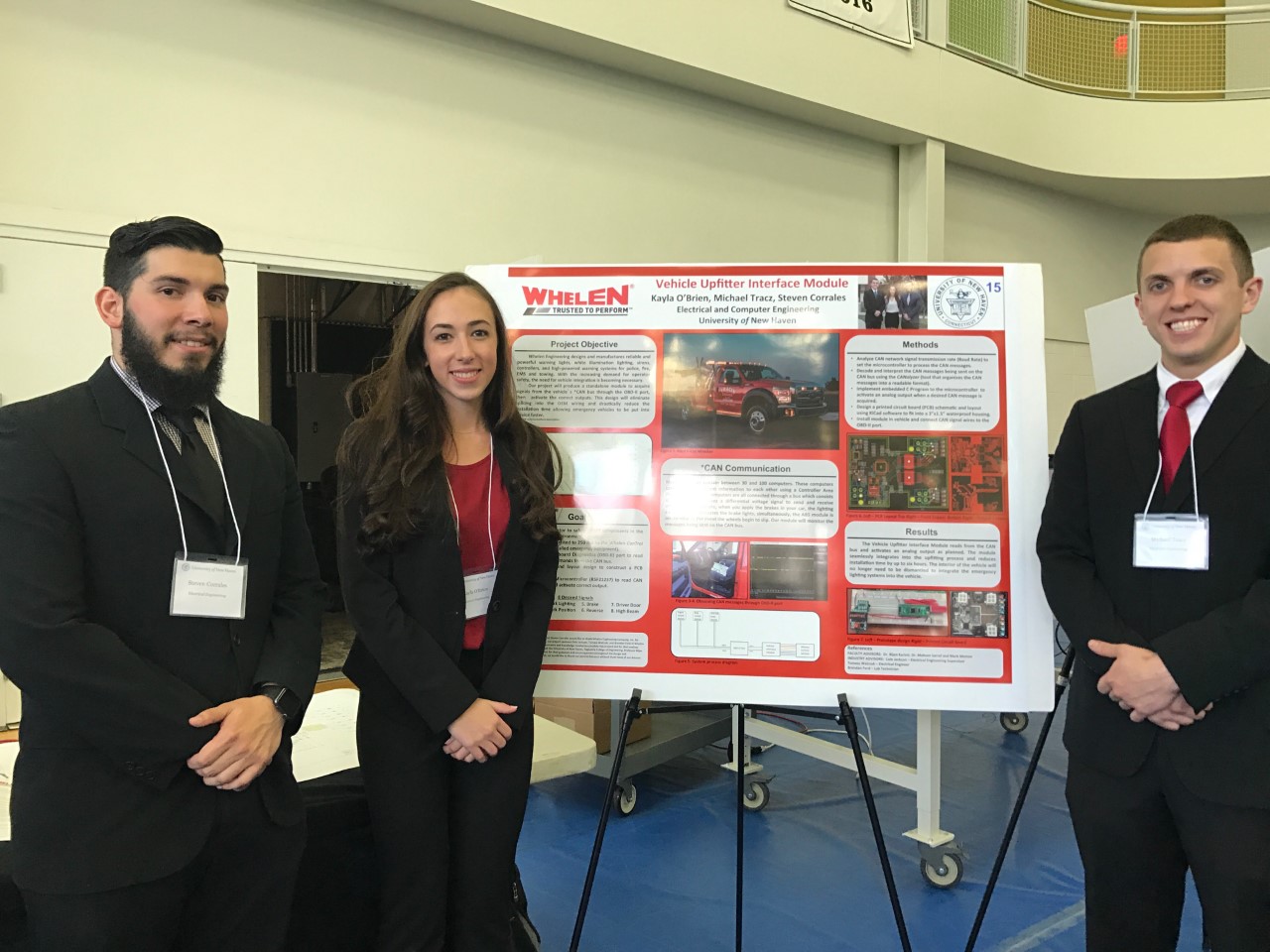There is a new price on life. No, not the cereal…but cancer survival. Provenge, a first-of-its-kind drug treatment was approved in April and has shown that it adds four months of survival to male patients suffering from incurable prostate tumors. The catch? It costs $93,000. The rising cost of cancer-fighting drugs, however, is unsurprising. According to the Associated Press, just in the past ten years, new cancer drug treatments “have been topping $5,000 a month.” Revlimid, designed to treat blood cancer, and Avastin cost approximately $10,000 a month. Consequently, only a handful of these result in permanent remission or cures for cancer while the others prolong life for no more than a couple of years.
So what causes Provenge’s whopping $93,000 price tag? There are two main reasons. Firstly, unlike other treatments, Provenge is considered the first cancer vaccine and targets the immune system to fight prostate tumors. This one-time treatment combines the proteins found in prostate cancer cells and the individual cells of patients, a very time-consuming task. As a result, each cancer patient receives a unique dose of Provenge befitting their own personal illness. Secondly, this new drug is in exceptionally short supply. In fact, it is the first cancer drug to be rationed since Taxol and Taxotere, fifteen years ago. Some hospitals, including the University of Texas M.D. Anderson Cancer Center, have held lotteries in order to choose the limited recipients of Provenge. According to the Associated Press, Anderson Cancer Center’s prostate cancer research chief, Dr. Christopher Logothetis stated, “I’m fearful that this will become a drug for people with more resources and less available for people with less resources.” He also advocates the need for a “national investment” through Medicare in order to determine the full potential of Provenge.
Indeed, the cost of these life-saving treatments and the recent economic conditions cause big problems for many patients. Some even resort to cancelling treatments because their insurance can no longer afford the payments. The New England Journal of Medicine, for example, reported three patients who stopped taking the $4,500 Gleevec drug designed to keep leukemia and stomach cancers in remission, due to job losses. All three unfortunately suffered relapses once their treatment had ceased.
As more layoffs occur, insurance companies seem less willing to cover these expensive cancer drugs, and people are looking to state and federal governments for more assistance. A federal health care law forbids lifetime caps on insurance benefits for plans issued or renewed on or after September 23; however, many continue appealing for additional coverage.
One question that has come into focus lately is whether the benefits of such treatments outweigh the cost. Genentech’s Tarceva for pancreatic cancer, for example, prices as $4,000 a month but only averages an additional twelve-day survival rate for patients. For an extra year of life, the American Cancer Society’s deputy chief medical officer Dr. Len Lichtenfeld estimates the cost at anywhere from $300,000 to $800,000. Survival for patients taking the $93,000 Provenge vaccine averages from four months to one year. Further observation is needed, however, regarding the long-term benefits of Provenge. While it is primarily used to treat patients with later and terminal stages of prostate cancer, doctors agree that testing it with earlier stages is necessary.
According to the Associated Press, Prostate specialist Dr. Elizabeth Plimack from the Fox Chase Cancer Center had this to say: “I’ve not had any patient ask for it. They ask about it. Based on the information, they think the cost is tremendous, and they think the benefit is very small.” Patient Bob Svensson, 80, admits that the only reason he went through with the Provenge treatment was because his insurance paid. “I would not spend that money,” Svensson said, “because the benefit doesn’t seem worth it.”
The government is in the midst of deciding whether basic Medicare will cover Provenge for late-stage prostate cancer treatments. If approved, taxpayers will find themselves in a costly predicament. Not only is prostate cancer the most common cancer among men in the United States, but many late-stage patients would be eligible for the $93,000 Provenge treatment. A meeting is scheduled for November 17 to consider Medicare coverage for Provenge.













